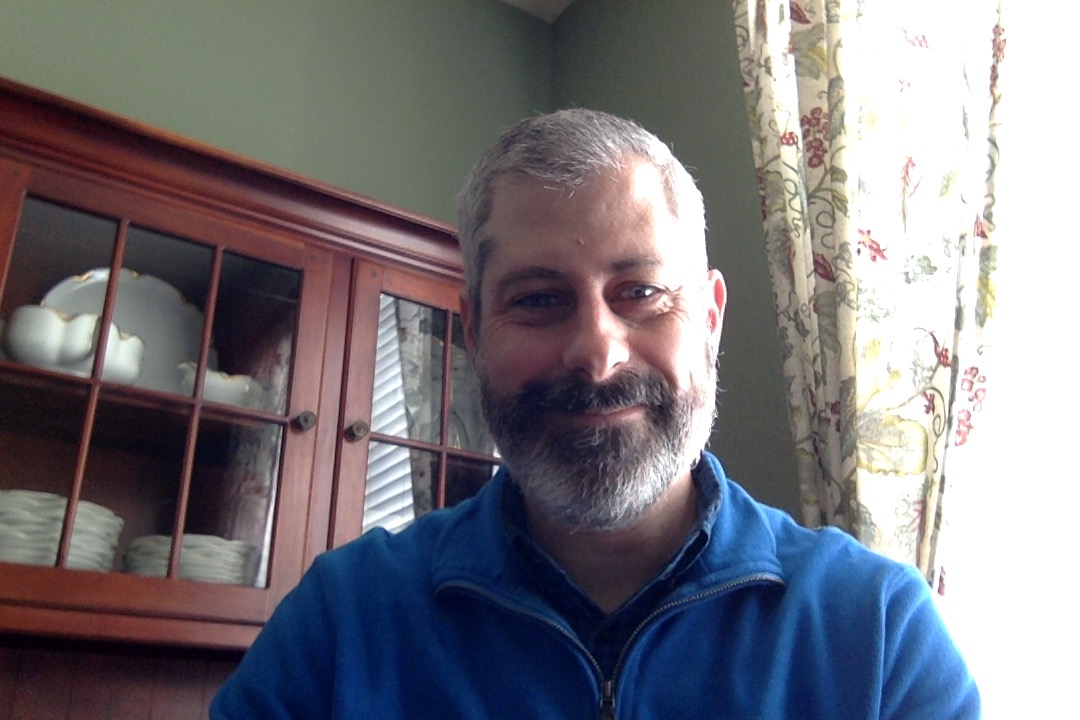Consequences of Forgetting Natural Law
- Shawn Young

- Apr 15, 2011
- 2 min read
Updated: Feb 18, 2020

There have been voices within the Reformed community arguing that there is a rightful place for natural law within a Reformed understanding of Scripture. Hadley Arkes, in an interview published in the latest issue of Touchstone Magazine, observes a parallel loss of confidence in natural law within the increasingly secularized academy during roughly the same time frame. I’m not saying Reformed people abandoned natural law for the same reasons. But it ought to at least give us pause to consider whether our loss of confidence may have been influenced by other forces.
Arkes is the Edward N. Ney Professor in American Institutions at Amherst College. He’s one of the country’s most prominent proponents of natural-law jurisprudence. So convinced is he of the place of natural law, that it apparently played a role in his conversion to Catholicism from a Jewish background. Given my recent study of the Two Kingdoms doctrine and natural law, my interest was engaged by Arkes’ interview.
He laments the loss of the doctrines of natural rights and natural law among people of faith. To illustrate what is at stake in abandoning these doctrines, he relates his experience in doing a piece on the Holocaust Museum in which he came across a vat filled with shoes of victims. He explains:
“What came flashing back at that moment were those lines of Justice McLean in the Dred Scott decision when he said, in essence, ‘You may think that the black man is chattel but he’s a creature made in the impress of his Maker. He is amenable to the laws of God and man and he is destined to an endless existence.’ That is, he has a soul that will not decompose when his material existence comes to an end. The Nazis thought that the shoes were the durables. It was the shoes they wanted to keep.”
Arkes goes on to assert that people of the most liberal sympathies simply cannot give the same account as McLean to explain why slavery is wrong, or for that matter, why genocide is wrong. He wants to rub our noses in what we lose when we forget natural law. As I read the interview in Touchstone, it certainly gave me pause to consider whether we may be giving up more than we reckon when we give up natural law.




Comments